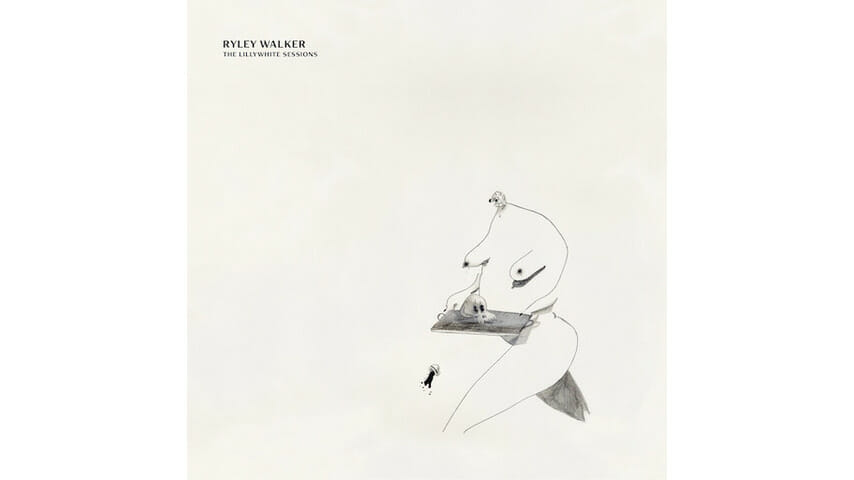Ryley Walker: The Lillywhite Sessions

Those whose music tastes formed around the millennium might recall an uneasy relationship with the Dave Matthews Band in its commercial heyday. “Crash Into Me,” “Crush,” “Ants Marching” and even “Jimi Thing” (an underrated cut) played in the background as young adults got high, made out or road tripped for the first time, supplying a soft-core yet pleasurably weird soundtrack to these early life milestones. Around 2001, however, the ground shifted for fans when the band released Everyday, a blandly overproduced follow-up to critically acclaimed Before These Crowded Streets. 2001 also saw the release of garage-rock ur-texts White Blood Cells by White Stripes and This Is It by The Strokes, and all of a sudden, the presence of DMB in one’s CD wallet became a scarlet letter of uncoolness among budding music aficionados.
The Illinois guitar savant Ryley Walker admittedly shared this experience and aims to shift the ground once again with his newest record, The Lillywhite Sessions. The name refers to the “lost” DMB album—really a collection of rough demos—that Matthews recorded in 2000 with Steve Lillywhite, who produced Before These Crowded Streets as well as albums by Morrissey, Peter Gabriel and Talking Heads. Dwelling on personal topics like the death of Matthews’s uncle to alcoholism, the work was ultimately deemed too dark to release in its nascent form. (Some tracks, such as “Grey Street” and “Grace Is Gone,” were repurposed with a slicker sound for subsequent albums.) The demos, however, have enjoyed a cultish afterlife, passed around on fan sites and torrent channels. This apocryphal material has inspired scores of “what if” theories suggesting that, had DMB released The Lillywhite Sessions rather than Everyday, the band’s critical reputation would’ve been cemented rather than undermined.
Walker’s The Lillywhite Sessions serves as both an album and an argument: a thoughtfully constructed case that Dave Matthews Band was good, critics be damned, and that fans who flocked away from the group should feel no shame in looking backward and validating their love for the music. Working closely with fellow DMB stans Andrew Scott Young on bass and Ryan Jewell on drums, Walker spent a year arranging the tracks and four days recording them in early 2018. The result glides from facsimile to playful experimentation, the points of departure lying in tempo, tone, and instrumental touches that optimize the musicians’ unique strengths. Over five previous albums, Walker has demonstrated remarkable fluidity as a guitarist, paying homage to ‘70s British folk on 2015’s Primrose Green and exploring psychedelia and noise rock on Deafman Glance, released earlier this year. Jazz rhythms have often underpinned Walker’s songs, whether they’ve complemented acoustic finger-picking or stretched-out distortion. This catholic approach to arrangement made Walker a natural candidate for covering Dave.
-

-

-

-

-

-

-

-

-

-

-

-

-

-

-

-

-

-

-

-

-

-

-

-

-

-

-

-

-

-

-

-

-

-

-

-

-

-

-

-








































